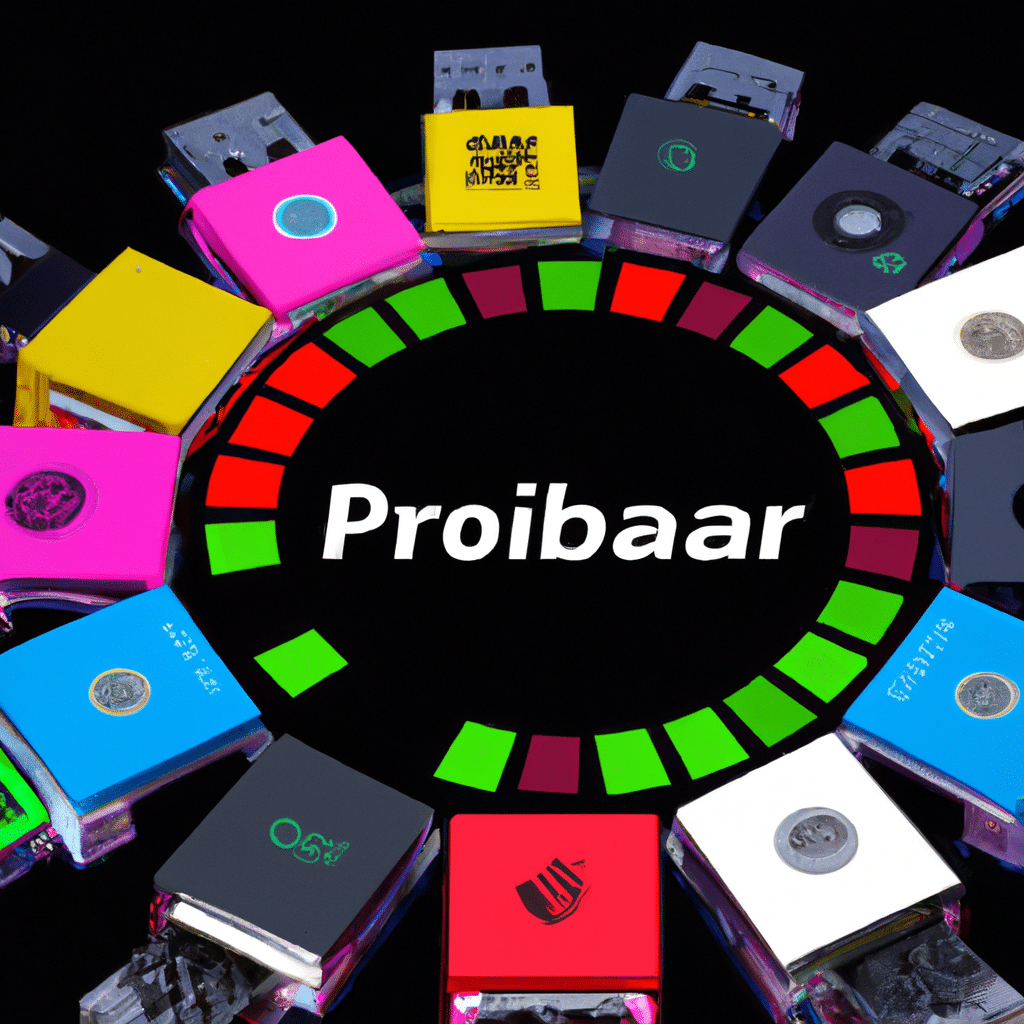When it comes to single-board computers, Raspberry Pi is one of the most popular choices on the market. Its versatility and affordability make it the go-to option for hobbyists, educators, and professionals alike. However, to unlock the full potential of your Raspberry Pi, you need to choose the right operating system (OS). In this article, we will guide you through the top operating systems for Raspberry Pi, highlighting their features and benefits.

Raspbian
Raspbian is the official operating system for Raspberry Pi and the most widely used. It is a free, open-source OS based on Debian, a popular Linux distribution. Raspbian is optimized for the Raspberry Pi’s hardware, providing a smooth and efficient user experience. It comes with a variety of pre-installed applications, including the Chromium web browser and the LibreOffice suite. Raspbian also has a vast repository of software available, making it easy to expand your Raspberry Pi’s functionality.
Ubuntu MATE
Ubuntu MATE is a lightweight, user-friendly OS based on Ubuntu, a popular Linux distribution. It is designed to be fast and responsive, even on low-powered devices like the Raspberry Pi. Ubuntu MATE comes with a familiar desktop environment, similar to the popular Windows 7 operating system. It also has a large community of developers and users, providing a wealth of support and resources.
OSMC
OSMC (Open Source Media Center) is a free, open-source media center OS based on Kodi. It is designed to turn your Raspberry Pi into a powerful media player, capable of playing a wide range of audio and video formats. OSMC has a simple, intuitive interface that is easy to navigate with a remote control. It also supports a variety of plugins and add-ons, allowing you to customize your media center to your liking.
LibreELEC
LibreELEC is another media center OS based on Kodi. It is designed to be lightweight and fast, providing a smooth and seamless media experience. LibreELEC has a minimalist interface that is easy to use and navigate. It also supports a wide range of plugins and add-ons, making it easy to expand your media center’s functionality.
RetroPie
RetroPie is a free, open-source OS designed for retro gaming enthusiasts. It is based on Raspbian and comes with a variety of emulators pre-installed, allowing you to play classic video games on your Raspberry Pi. RetroPie has a user-friendly interface that is easy to navigate with a game controller. It also supports a variety of gamepads and controllers, making it easy to set up your gaming system.
Pi-hole
Pi-hole is a unique operating system that is designed to block ads and tracking on your network. It is based on Raspbian and uses DNS-level blocking to prevent ads and trackers from loading on your devices. Pi-hole has a simple web interface that allows you to customize your blocking lists and monitor your network’s activity.
Windows 10 IoT Core
Windows 10 IoT Core is a free, lightweight version of Windows 10 designed for IoT (Internet of Things) devices like the Raspberry Pi. It provides a familiar Windows interface and supports a wide range of programming languages and development tools. Windows 10 IoT Core is ideal for developers who want to create IoT solutions using the Windows ecosystem.
Conclusion
Choosing the right operating system for your Raspberry Pi can make a world of difference in terms of performance and functionality. Whether you’re looking to build a media center, a retro gaming system, or an IoT device, there is an operating system out there that can meet your needs. By considering the features and benefits of each OS, you can make an informed decision and get the most out of your Raspberry Pi.












